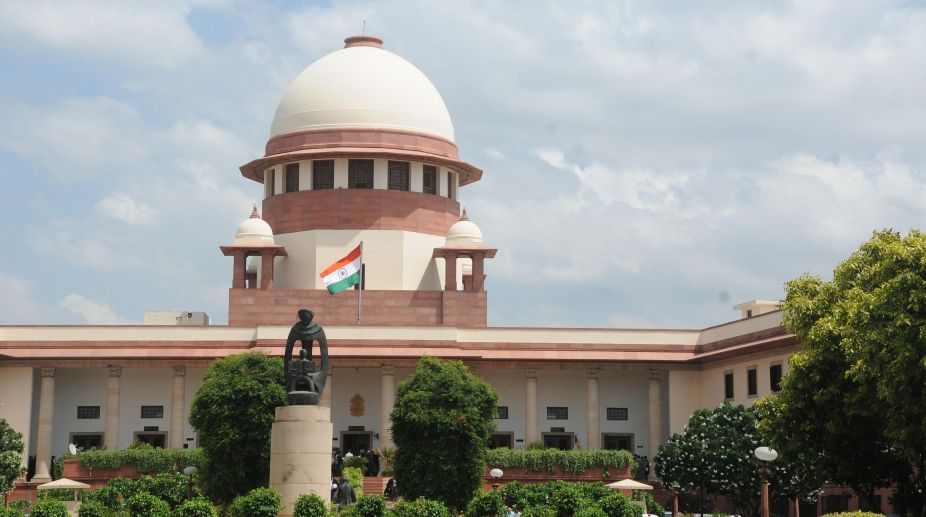India’s Got Latent: SC issues notice on YouTuber Ashish Chanchlani’s plea against FIRs
SC issues notice on YouTuber Ashish Chanchlani’s plea to quash or transfer FIR in India’s Got Latent case; tagged with Ranveer Allahabadia’s petition.

Supreme Court of India (Photo: Facebook)
Amid turmoil on the issue in Tamil Nadu, the Central government on Friday sought two more weeks’ time to place before the Supreme Court a draft scheme for the implementation of its verdict on the sharing of Cauvery river water, but the court did not give any immediate relief.
Government lawyer Syed Wasim Ahmed Qadri sought more time in a mentioning before a bench of Chief Justice Dipak Misra, Justice D.Y. Chandrachud and Justice Indu Malhotra.
Advertisement
Seeking permission to file an application in this regard, Qadri said that consultations with all parties — Karnataka, Tamil Nadu, Kerala and Puducherry — and the experts were on and it would require some more time to formulate the draft scheme.
Advertisement
Refusing permission to move the application, Chief Justice Misra asked the Central government to say whatever it wanted on the next date of hearing on May 3.
In the last hearing of the matter on April 9, the Central government sought three months’ time to formulate the draft scheme as it cited the upcoming election to Karnataka Assembly and also clarifications on whether the scheme should be headed by an administrative or a technical member.
Telling the government that it was “bound to do it and obliged to it”, the court had said it was none of its concern who heads the scheme to be put in place for carrying out its February 16, 2018 verdict.
The court had also asked the Central government to prove its bonafides by framing the scheme.
“You must show your bonafide that you will frame a scheme to respect the top court order for the distribution of water.”
The top court by its February 16 verdict had reduced Tamil Nadu’s share of Cauvery water to 177.25 thousand million cubic feet (TMC), which was less than 192 TMC allocated by a tribunal in 2007.
Karnataka’s share of water was increased by 14.75 TMC.
Tamil Nadu had moved the top court on March 31, seeking contempt proceedings against the Central government for its “wilful disobedience” in carrying out its direction to set up a Cauvery Management Board and a Cauvery Water Regulation Committee as directed by the top court.
Advertisement